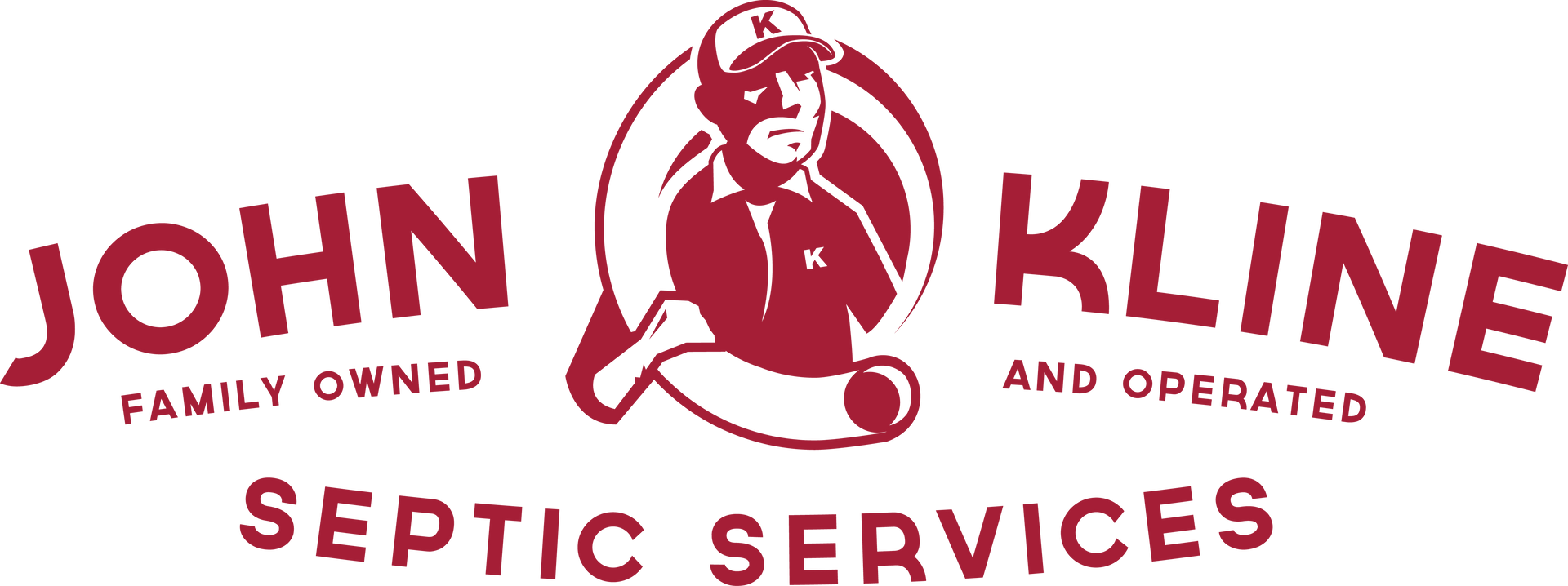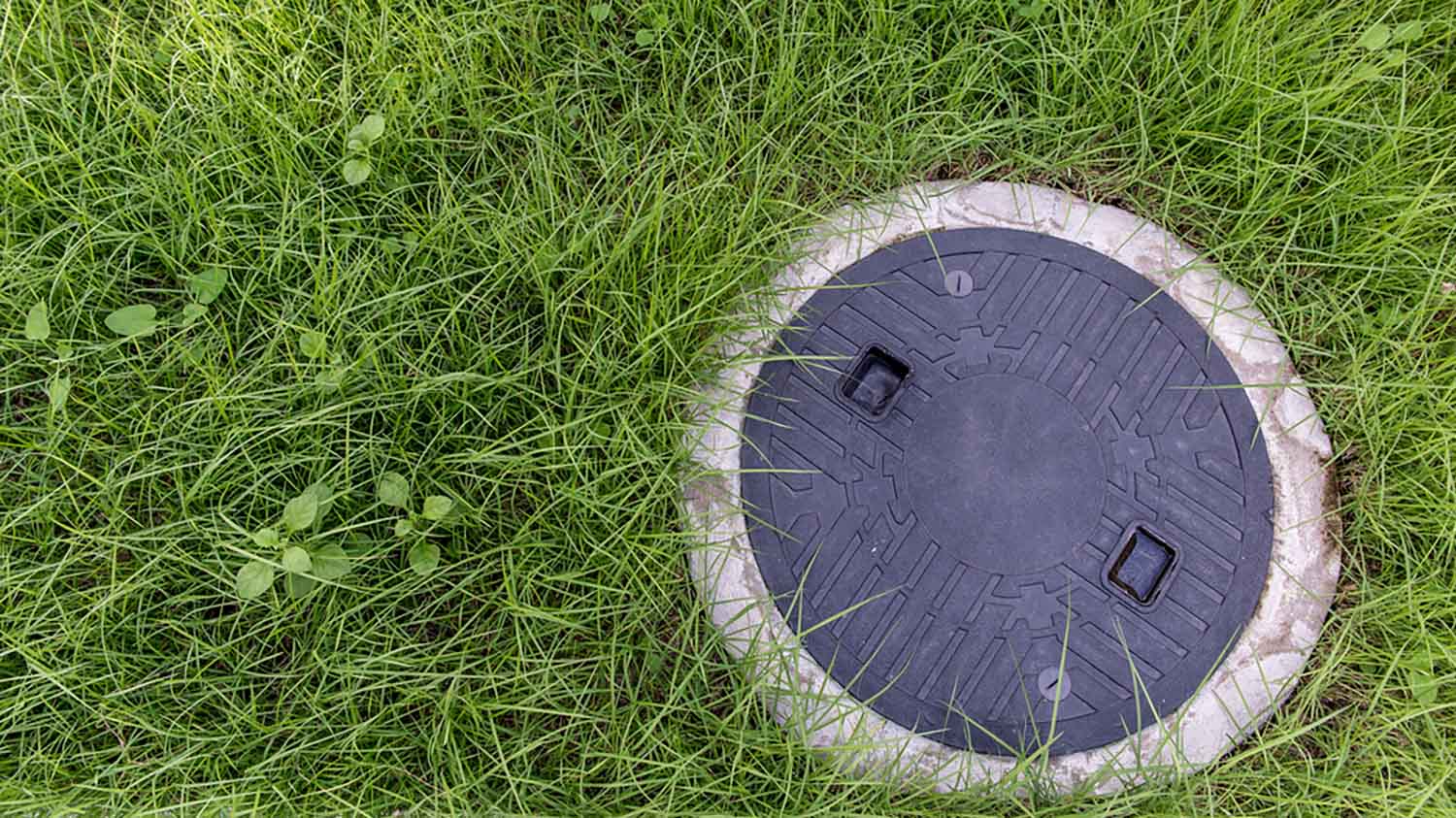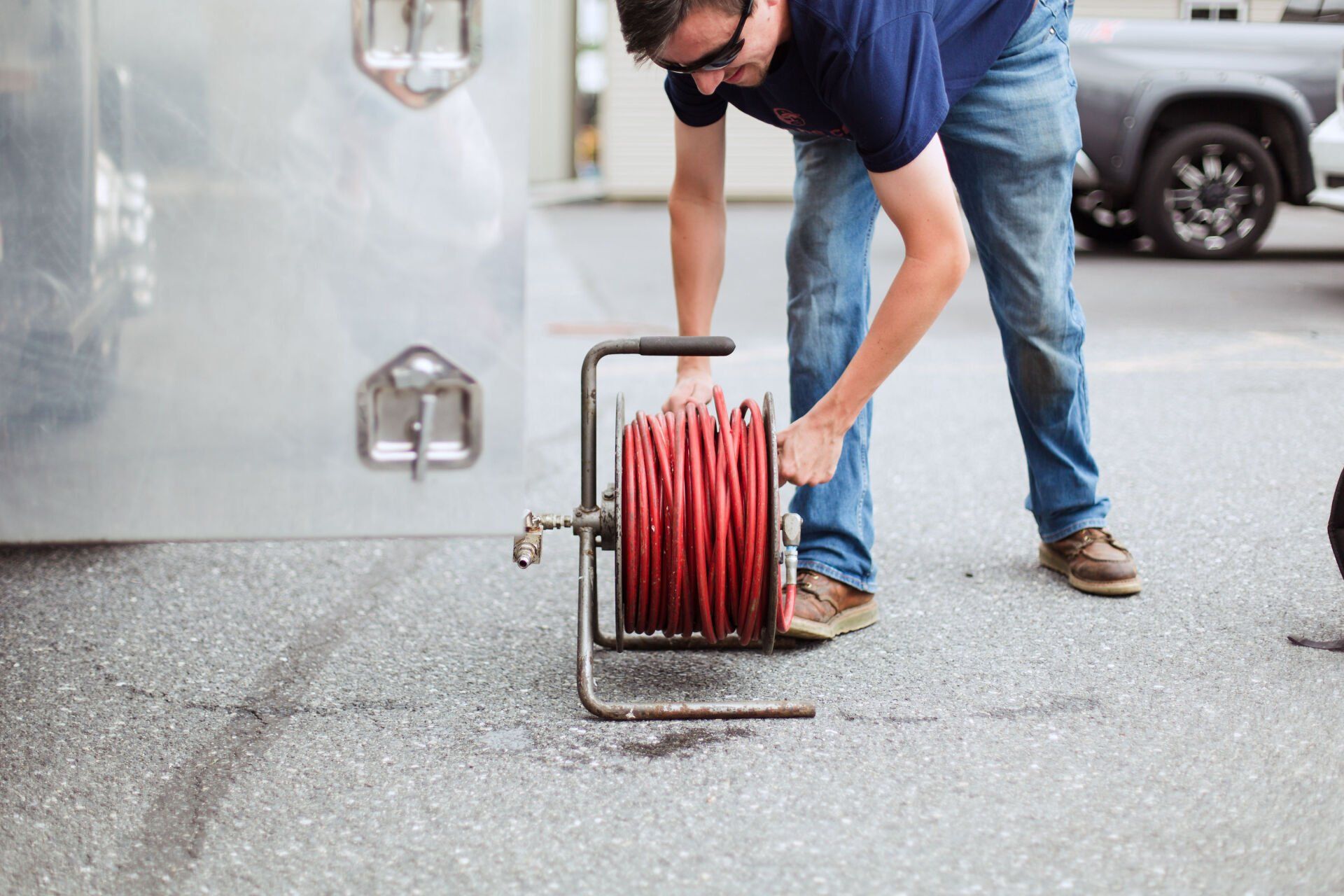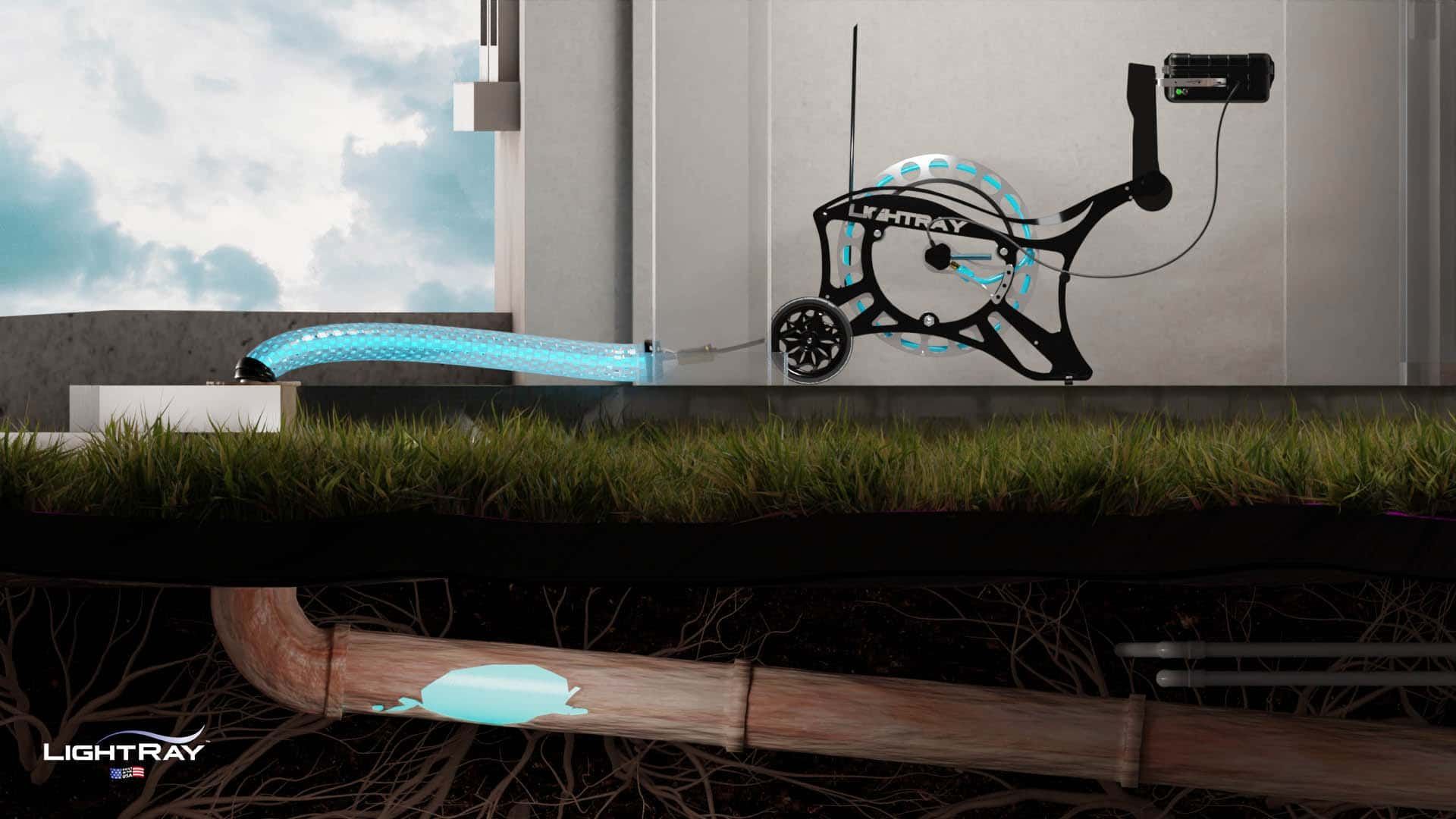Our Top 4 Septic System Maintenance Tips
How to keep things flushing smoothly all year long
One of the most common questions we receive is, "How do I know if my septic tank needs to be pumped?" If this is you, keep reading as we explain how often your tank should be emptied, how to spot a backup and what to do before you schedule service. If you're new to living on a property that uses a septic system, contact us today with your questions or concerns.
Our team is always happy to help.
1. Have Your Tank Pumped Every 2-3 Years
First things first, to keep your tank working properly, we recommend having it pumped out every 2-3 years. If you're not sure when your tank was last serviced, it's a good idea to schedule pumping and make sure your tank is thoroughly cleaned. We offer both residential and commercial septic pumping in Lancaster PA
and the surrounding areas.
2. Know Where Your Tank is Located
Before you schedule your septic pumping, locate your manhole or access point and make note of where it's located for future service. In the winter time it's especially important to know where your access point is at in case it becomes covered by snow. Sometimes a manhole cover can become buried by grass and dirt making it difficult to remove the lid and access your tank. Digging it out is timely and can add to your service cost so if you know where your manhole cover is located be sure to keep it clear of any plants, grass or debris. If you're not sure where things are at, that's okay too. We can come out and locate things electronically and mark each component for your records.
3. Be Careful What You Flush
To keep your system working properly and prevent a backup, we can't stress enough the importance of watching what you flush! If it's not septic safe or you're not sure if it's septic safe... don't flush it. This includes feminine products, paper towels, baby wipes, makeup wipes, grease and other food scraps. It's always important to air on the side of caution when it comes to your septic tank.
4. Monitor Your Water Usage
Last but not least, if you want to keep things flushing smoothly, monitor your water consumption. Your septic tank and drainfield act as a natural filtration system and when too much water comes into the system it's unable to do its job. If the weather has been extremely wet and your drainfield is already saturated with rain or snow, we recommend you stagger your loads of laundry, showers and baths. Regular water usage should not cause problems, but running the dishwasher and taking a long shower during the afternoon when you've decided to do 3-4 loads of laundry can definitely add up! Simply use good judgement when it comes to water usage and especially when outdoor conditions are wet.
Are you ready to schedule service? Contact us today!
We are happy to schedule your septic pumping or provide a quote for additional services. Should you experience a backup this winter our team is available 24/7 on nights and weekends to help you out and we offer high pressure jetting for sewer line clogs as well.







